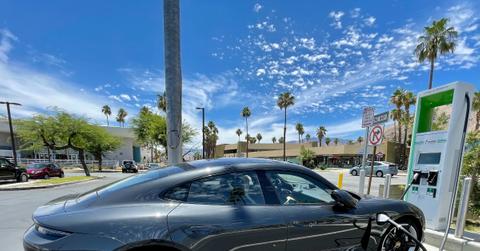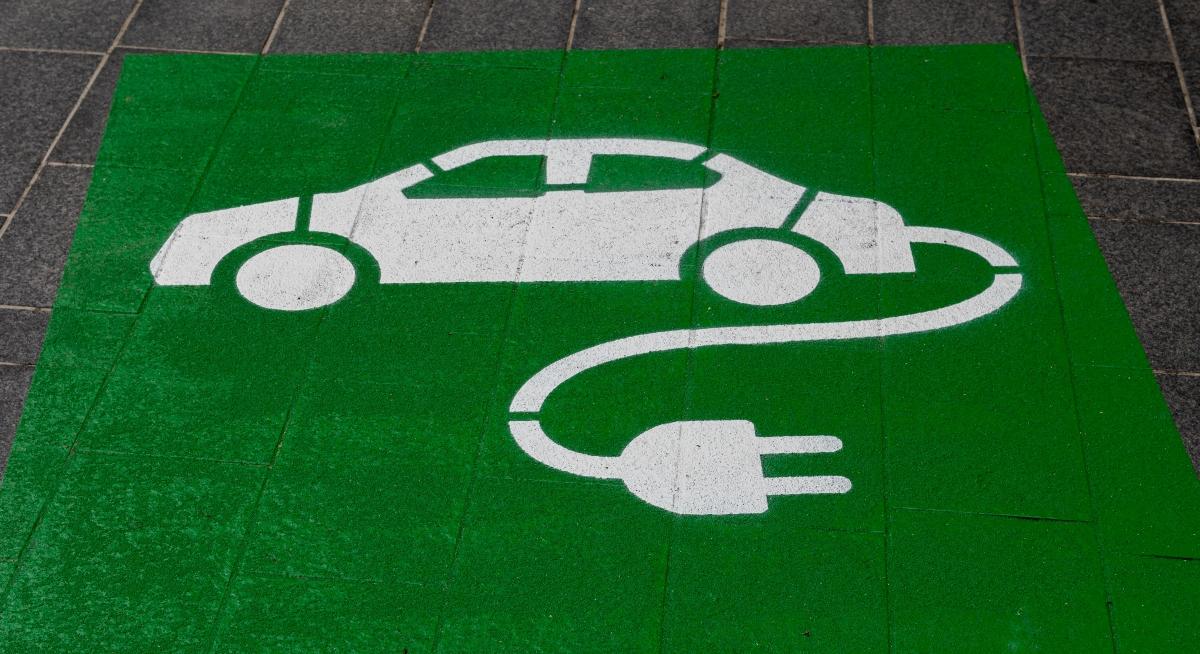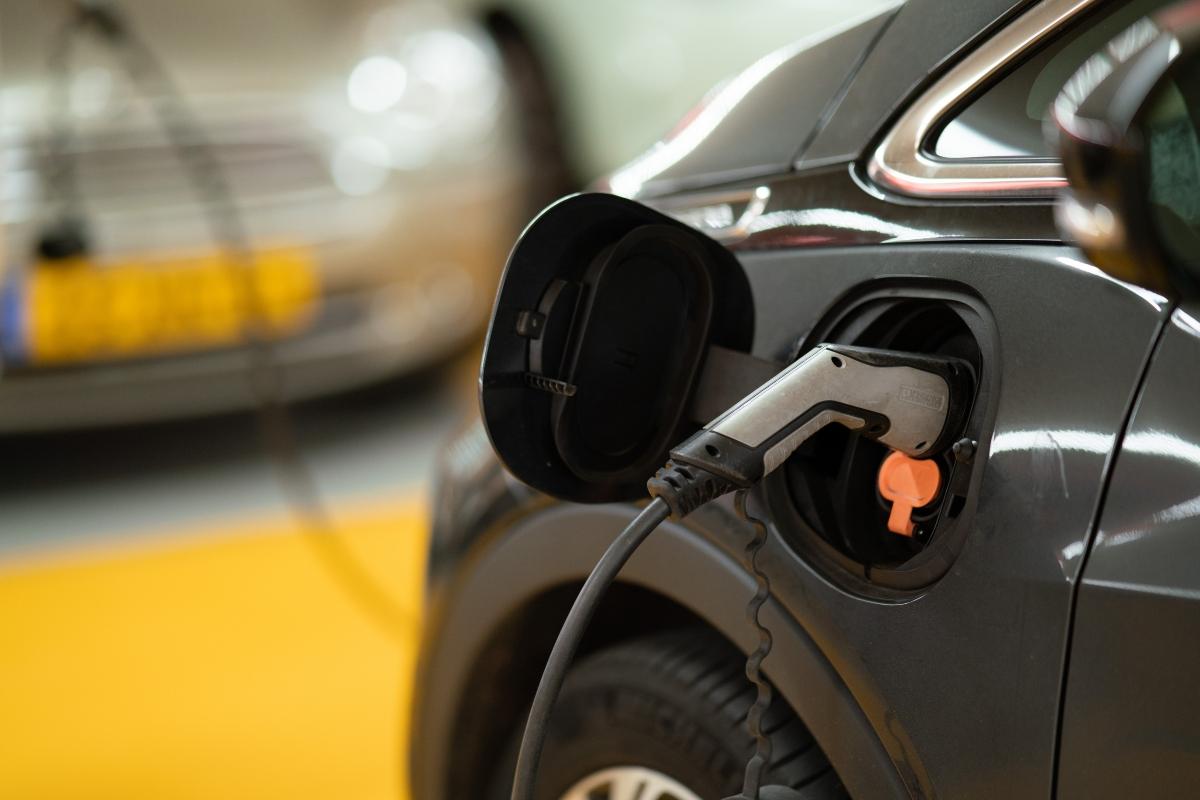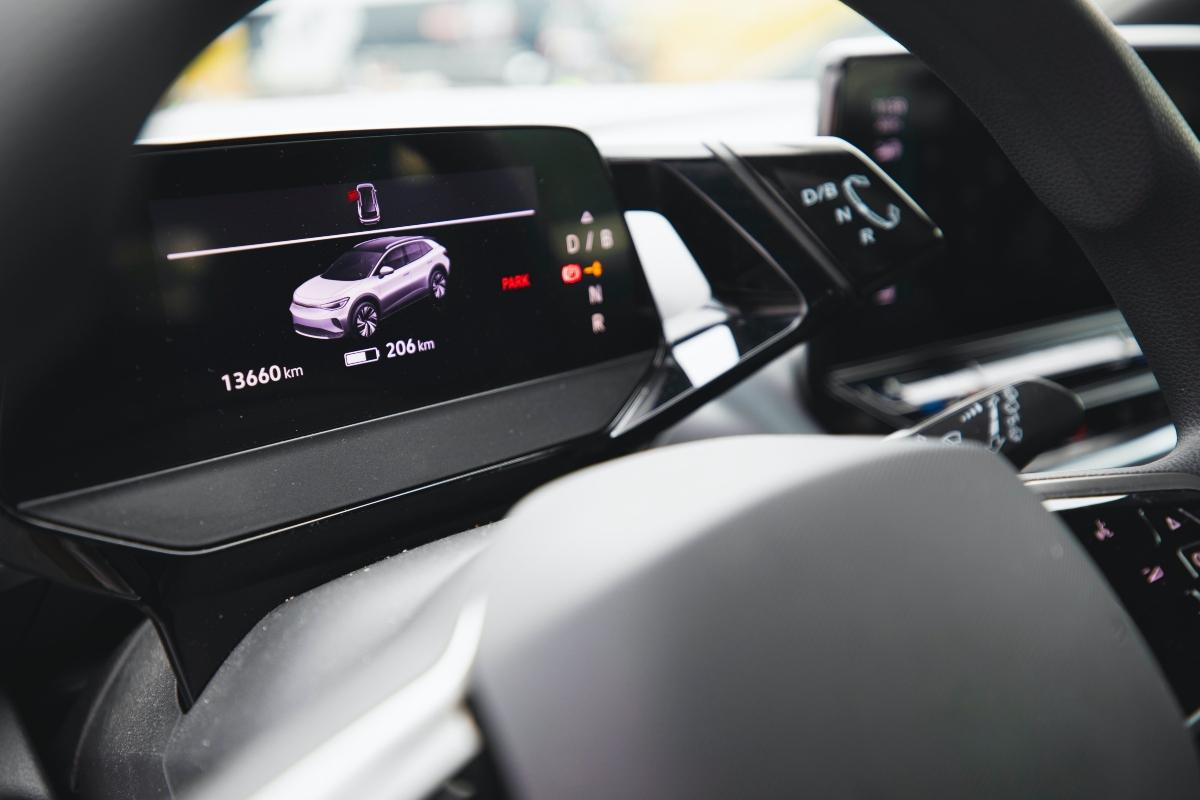Navigating Flaws in the Electric Vehicle Transition
Published May 31 2023, 3:36 p.m. ET
As the world moves toward full adoption of electric vehicles over gas-powered vehicles, consumers need to know the possible downsides of owning and charging an EV. As The Atlantic has referred to the "inconvenient truth" about electric cars, it doesn't mean giving up on Tesla and its competitors, but being fully aware of the tradeoffs you make.
Issues of the cost of EVs are important to consider, as well as how they reflect overall income inequality. And of course, some of the big issues with driving an EV on a road trip can only be fixed with money.
Here's one of the major downsides of EV ownership.
In spite of the many benefits to the environment of driving EVs instead of cars powered by fossil fuels, cost is still a major deterrent. As The Atlantic points out, electric vehicles generally still cost more than gas-powered vehicles. In addition to the base price of a new EV, buyers have to consider whether it's worth thousands more to get an extended-range battery.
The battery range of an EV is essential because you may not be within close range of a charging station at all times. A big issue in driving an EV is what's called "range anxiety" — the worry over whether your electric car will lose battery power before you reach the closest charging station.
EV customers can pay more to get an extended-range battery, giving them the ability to drive farther without worry of losing charge in the middle of nowhere. But among most automakers, the price for long-range batteries is significantly higher than the base model (it can be $5,000 to $10,000 more). This means lower-income EV buyers will suffer through greater range anxiety, unless they're able to spend the extra money for longer range.
These are some of the other downsides of EVs.
You might also consider the minerals used to manufacture electric vehicle batteries, which have environmental impacts due to the effects of mining. Plus, some of these minerals are toxic and/or flammable, which means that driving an electric car isn't a 100 percent "clean energy" solution.
Remember the benefits of EVs.
As the nation and the world move away from fossil fuels, we can remember that EVs do offer a lot of important benefits, as the U.S. Department of Energy explains. Overall, driving an EV means less dependence on foreign oil and fossil fuels, and a reduction in emissions.
Consumers can typically expect to save money in the long run with an EV versus a gas-powered car, but it does take time. Although the cost of an EV is still higher than gas-powered cars, federal tax credits and the long-term savings on gas can help to ease that financial burden.
So if you're in need of upgrading your car, an EV is still the more environmentally-friendly and sustainable choice — though, like pretty much any consumer choice today, it's an imperfect one.



